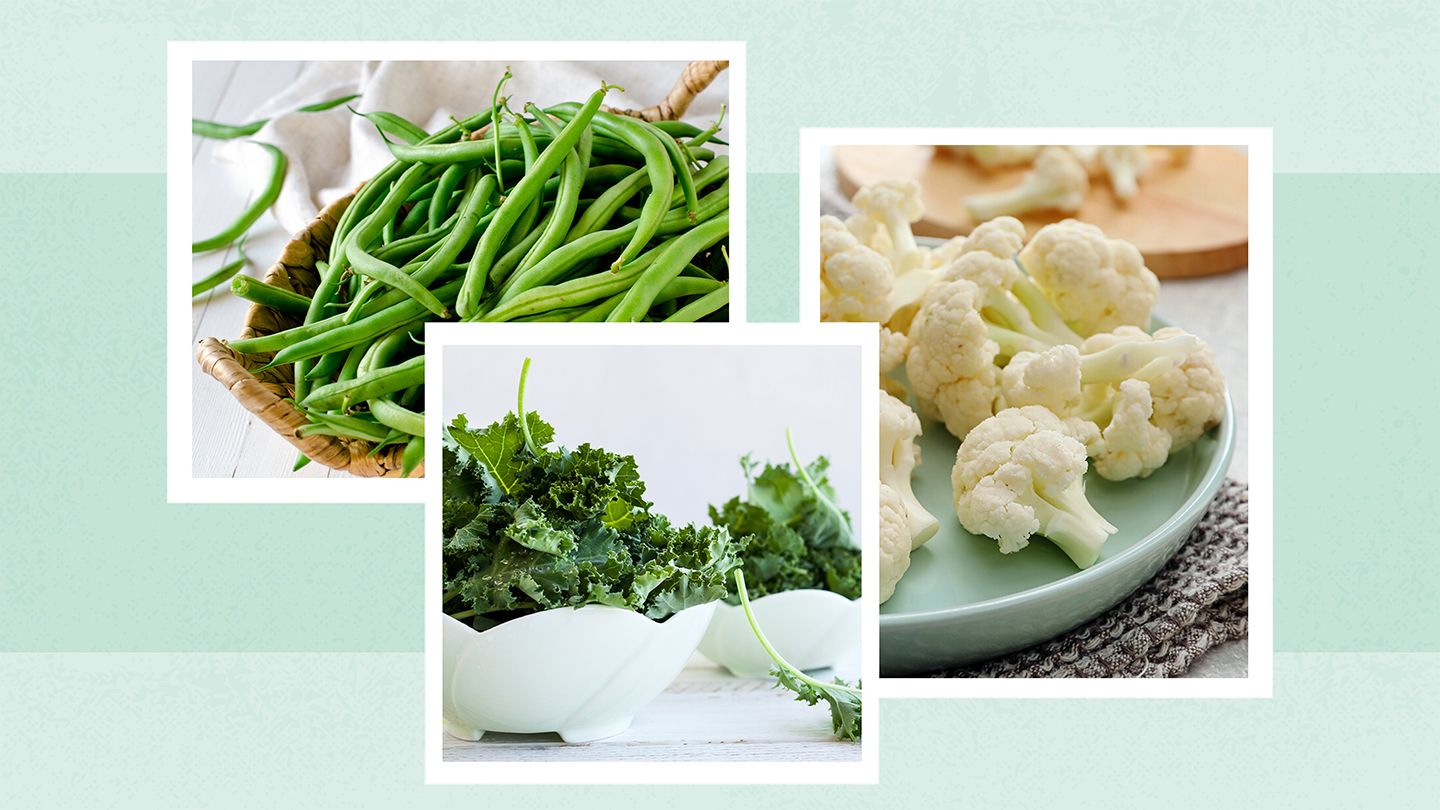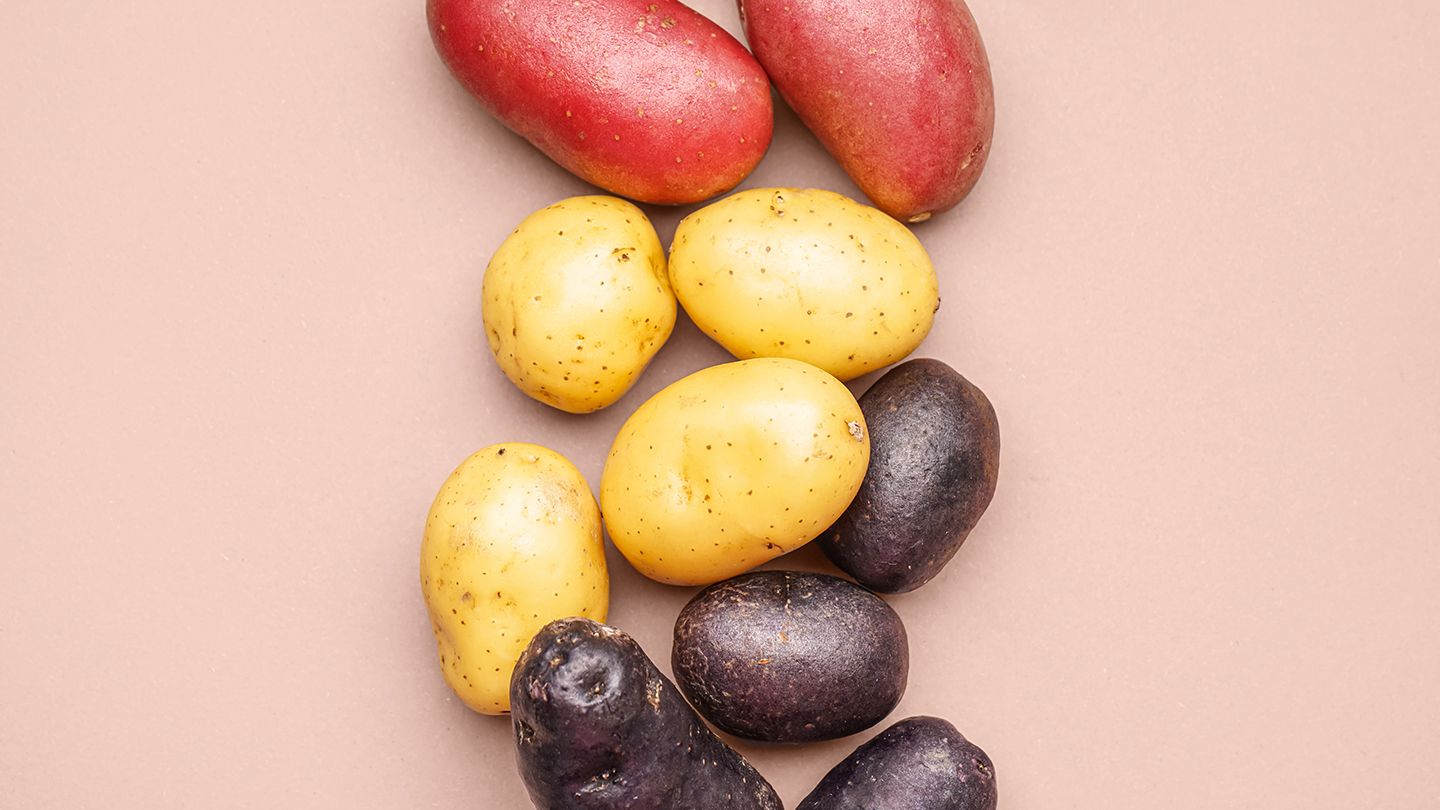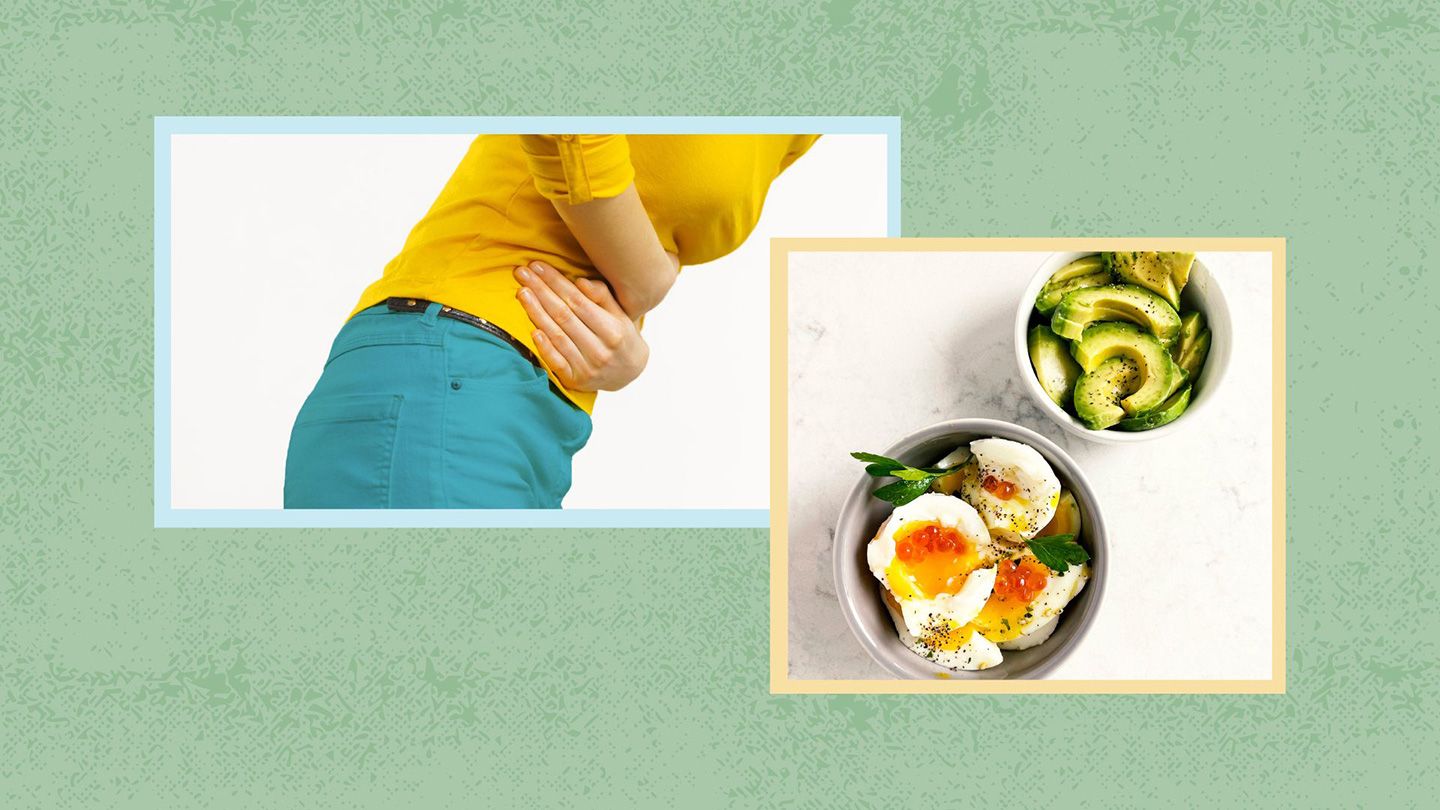Understanding the Keto Diet's Restrictions
The ketogenic or "keto" diet has soared in popularity due to its effectiveness for weight loss and diabetes management. However, successfully following keto means strictly limiting carb intake. This means many foods most people regularly enjoy are off the table. Being aware of items to avoid and find healthy substitutions for ensures sticking to the program.
Why Carbs Are Restricted
The keto diet is centered around achieving and maintaining ketosis. This is a metabolic state where your body switches from burning carbs to burning fat and ketones for energy instead. To reach ketosis, carb intake must be kept very low, usually below 50 grams per day. This encourages the body to tap into stored body fat through ketosis Since carbs are found in abundance in grains, starchy vegetables, fruits, beans and legumes, dairy, and added sugars, these common foods categories are restricted.
How to Spot High Carb Items
Reading nutrition labels is key to identifying higher carb products. You want to avoid or heavily limit anything with more than about 5 grams net carbs per serving. Watch out especially for:
- Breads, grains, cereals, baked goods
- Starchy vegetables like potatoes, corn, peas
- Legumes including beans, lentils, chickpeas
- Most fruits other than berries
- Full sugar and full fat dairy
- Foods with added sugars
Being an avid label reader helps steer clear of these carb bombs.
15 Tricky Foods to Avoid on Keto
Many foods contain hidden carbs you might not anticipate. Here are 15 especially sneaky items to beware of on keto:
1. Pasta
All wheat and grain based pastas are especially high carb. Just one cup of cooked regular pasta has over 40 net carbs, making it a no-go on keto. Resist all tempting spaghetti, mac and cheese, pasta salads, ramen noodles, etc.
2. Rice
Like its cousin pasta, rice is another very high carb food off limits on a ketogenic diet. One cup of cooked white or brown rice ranges from about 45-60 carbs depending on variety. Instead, consider trying riced cauliflower.
3. Bread
Bread is one of the most prolific sources of carbohydrates in many people's diets. Just one slice of bread can range from about 15-25 net carbs. Going bun-less is best when avoiding bread products such as bagels, naan pitas, tortillas, biscuits, etc.
4. Oats
Oats are a common go-to "health" food, but the carb content stacks up quickly. One packet of instant oatmeal can easily top 30 grams of carbs. Limit the oat based foods you eat to small amounts of steel cut oats.
5. Beans & Legumes
Foods in this plant-based protein category such as kidney beans, lentils, peas, and chickpeas are too high carb for keto diets. Even just 1/2 cup portion of beans can exceed a full day's carb limit. Skip the bean burritos and hummus.
6. Milk
Full fat milk contains the natural milk sugar lactose, tipping just one cup over 12 grams of carbs. Stick to heavy whipping cream and full fat plain Greek yogurt for lower carb options instead.
7. Fruit Juice
Seemingly healthy fruit juices often pack tons of sugar and carbs per serving with less satiety than whole fruits. An 8 oz glass of apple, orange, or grapefruit juice can exceed 30 grams of sugar - an automatic exclusion beverage.
8. Packaged Snacks
Many common grab-and-go snacks like protein bars, pretzels, chips, popcorn, granola, cereal bars, and crackers contain sneaky carb and sugar totals. Be vigilant reading nutrition info rather than impulse snacking.
9. Sugary Desserts
It comes as no surprise that sweet treats like cookies, candy, cakes, pies, doughnuts and ice cream provide mostly empty carbs and sugar. Find keto dessert recipe swaps using alternate ingredients instead when cravings strike.
10. Processed Meat Products
Typically used sandwich and breakfast meats contain added sugars and carbs to enhance flavor. For example, just 2 slices of honey roasted ham packs 10 grams. Opt for plain fresh deli and cured meats instead.
11. Sweet Sauces & Dressings
Condiments like barbecue sauce, teriyaki sauce, honey mustard dressing, and sweet salad dressings have sneaky sources of added sugar. Create your own healthy sauces and vinaigrettes from keto approved ingredients.
12. Smoothies
Blending up fruits into smoothies eliminates fiber and concentrates the carbs into drinks packing 30+ grams per 16 oz. Try using green leafy veggies, nut milks and healthy fats for keto smoothie options instead.
13. Potatoes & Corn
Starchy vegetables potatoes and corn must be avoided due to the high carb volumes - especially problematic in potato products likes fries and chips. Substitute lower carb veggies like cauliflower or zucchini instead.
14. Alcoholic Drinks
The high sugar content of most popular cocktails, beers, flavored coolers, and mixers add up fast. Dry wines or unflavored clear liquors mixed with non-carb mixers are lowest in carbs if consumed in moderation.
15. Artificial Sugars
While generally labeled "sugar-free", even artificial sweeteners can disrupt ketosis. The exceptions are natural stevia and erythritol. Monitor your individual response to keto friendly sugar alternatives.
Choosing the Best Keto Alternatives
Adapting to avoiding carb and sugar-laden foods usually becomes quite intuitive after consciously following a well formulated keto diet for a few weeks. Support continuing momentum by selecting delicious keto approved choices including:
Quality Proteins
Emphasize fatty cuts of steak, pork, lamb, poultry, nitrate-free deli meat, eggs, fish, shellfish, nuts, seeds, and lower carb dairy products. These provide very minimal carbs while keeping you feeling satisfied.
Leafy Greens & Veggies
Bulk up meals with plenty of nutrient-packed spinach, kale, arugula, collards, swiss chard, bok choy, zucchini, broccoli, Brussel sprouts, peppers, mushrooms and similar lower carb vegetables to ensure nutritional variety.
Berries
Choose the lowest sugar fruits on keto - primarily blueberries, blackberries and raspberries. Be careful of portion size, enjoying about 1/2 - 1 cup maximum per day according to your macros.
Healthy Fats
These help fuel ketosis and control hunger. Sources such as olive oil, fatty fish, bacon, avocado, coconut, nuts, seeds, and butter work well. Just avoid very inflammatory industrial seed oils.
Herbs, Spices & Condiments
Use tasty seasoning blends, hot sauces, vinegars, lemon juice, garlic, salsa and keto approved sauces like mustard liberally so you enjoy eating low carb/high fat.
Following a well constructed keto diet soon helps eliminate cravings and hunger while still enjoying delicious and nutritious meals.
FAQs
Can I ever eat fruit on the keto diet?
Fruit is restricted on keto due to natural sugar content, but berries like raspberries, blackberries and blueberries can be enjoyed in moderation thanks to their higher fiber levels. Limit total daily fruit intake to around 1/2 - 1 cup berries according to your macros.
What if I accidentally eat something high carb?
Don't panic or consider cheating a failure. Simply resume your regular keto meal plan at the next meal. Avoid reactively restricting as compensation. Occasional slips happen, but get right back on track.
Is cheese allowed on the keto diet?
Yes, cheese is definitely keto approved thanks to its high fat content and minimal carbs. Stick with full-fat natural cheeses avoiding processed "cheese product". Portion is key, as dairy calories add up quickly.
Can I still drink alcohol on keto?
Alcohol is not fully restricted, but carb counts easily climb with cocktails, beers and wine coolers. Dry wines and unflavored spirits with zero carb mixers work best. Moderation remains key.
Disclaimer: This article is for informational purposes only and does not constitute medical advice. Always consult with a healthcare professional before starting any new treatment regimen.
Related Coverage
Learn how to regain your menstrual cycle after intensive training or exercise stops periods. Discover what causes exercise-induced amenorrhea and how to prevent it....
Gin and diet tonic can fit into a keto diet. Learn about the carb content, keto alcohol rules, best low-carb drinks, and what alcohol to avoid on keto....
Cauliflower is one of the most keto-friendly veggies. Learn about its low carb count, how to use it to replace high-carb foods, and tips for preparing it on a ketogenic diet....
We all fluctuate between light and darkness, strength and frailty. But within each person lies a divine spark. By leading with compassion and truth, we can redeem our broken world....
Roasting vegetables like broccoli, cauliflower and Brussels sprouts brings out their sweet, nutty flavor. Discover the top low-carb veggies to roast on keto....
Keto certified means a product has passed independent testing verifying it meets standards for low-carb ketogenic diets. Learn about keto certifiers, criteria, controversies, and more....
Red potatoes are high carb and not keto friendly. But small portions may work for some. Get the facts on carbs, benefits, and the best potato alternatives....
With around 21 grams of net carbs per half-cup, creamed corn can quickly surpass daily carb limits on keto. But modified recipes can provide lower-carb alternatives....
Learn how the keto diet can lead to constipation or diarrhea, and get tips to improve gut health with the keto bites cleanse, fermented foods, and supplements....
Learn proper aftercare following cupping treatment including hydrating skin, avoiding sun, gentle massage, nutrition and supplements to minimize side effects....









